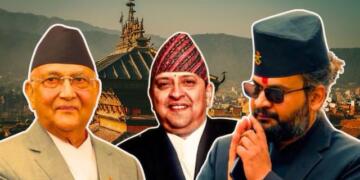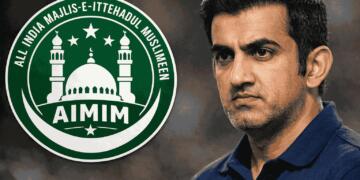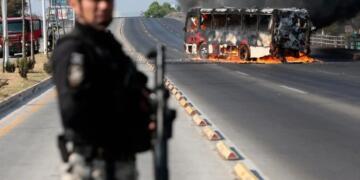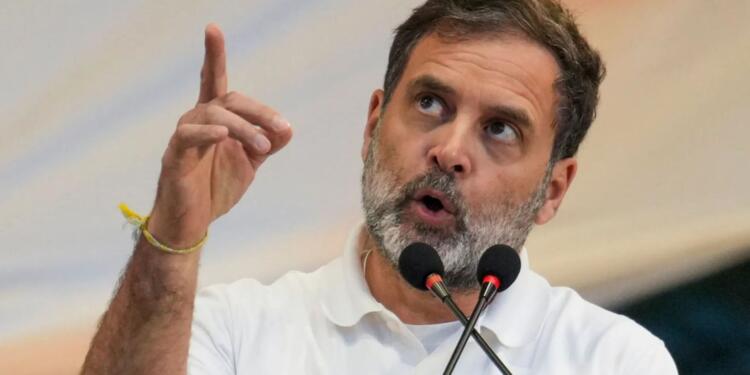While Congress leaders took to social media on June 19 to post glowing tributes, hashtags, and nostalgic photos celebrating Rahul Gandhi’s 55th birthday, the man himself was noticeably missing. Not just from the celebrations—but from the political conversation altogether.
As the nation grapples with Air India’s passenger aircraft crash and his own mother, Sonia Gandhi, deals with health concerns, Rahul Gandhi’s absence is both striking and familiar. For a leader who has spent over two decades in politics, his repeated absence during key moments continues to raise a serious question: Is he fully committed to political life—or is he still treating it like an obligation he never asked for?
Reluctant Politician or Unwilling Heir?
Rahul Gandhi’s career has long been defined by contradiction. He carries the legacy of India’s most powerful political family, yet seems reluctant to lead. He talks about empowering the grassroots, yet often disappears when the party needs him most.
Many observers believe he never chose this profession—he inherited it. Unlike many leaders who rise through struggle and public service, Rahul was handed a political career from the start. That may explain why, even at 55, he still gives off the impression of a man standing at the edge of the stage, not quite ready to step into the spotlight.
Public Tragedy, Private Crisis
On June 12, Air India Flight AI-171 crashed into a densely populated neighborhood in Ahmedabad shortly after takeoff, killing all 241 passengers and crew members on board, along with at least 33 people on the ground. The scale and horror of the crash have gripped the nation.
Recently, Sonia Gandhi was admitted to Sir Ganga Ram Hospital in Delhi for what the party described as a routine health check-up. Her hospitalisation drew widespread concern.
In such moments — when the country is mourning and when family care is needed — the absence of a national-level leader like Rahul Gandhi has created an uncomfortable vacuum.
Still a ‘Youth Leader’ at 55?
Despite being in public life for over 20 years, Rahul Gandhi is still referred to as a “youth icon” or “emerging leader.” But how long can someone remain “emerging”? Leaders half his age are now holding top positions in state and central politics. His indecision, frequent disappearances, and lack of political clarity continue to reinforce the nickname that’s stuck to him for years: “Pappu.”
Originally meant as a joke by critics, it has taken on a deeper meaning—symbolizing a leader who never quite grows into the role expected of him.
Congress at a Crossroads
For the Congress party, Rahul’s absence is more than a personal matter—it’s a strategic problem. Should the party continue to invest its future in a leader who often distances himself from the day-to-day battles of Indian politics? Or is it time to look beyond the Gandhi name?
While loyalists continue to wait for Rahul to take full charge, the clock is ticking. The party cannot afford to drift forever, especially when the political landscape is becoming more competitive and regional players are gaining ground.
Time to Show Up
Turning 55 should have been a moment for Rahul Gandhi to reassert his political presence, to offer direction and hope to a party in transition. Instead, it’s become another reminder of his absence—physical, political, and perhaps even emotional.
For someone with his legacy and influence, showing up isn’t just symbolic—it’s necessary. Because in politics, one thing matters more than speeches or slogans: being there when it counts.
























